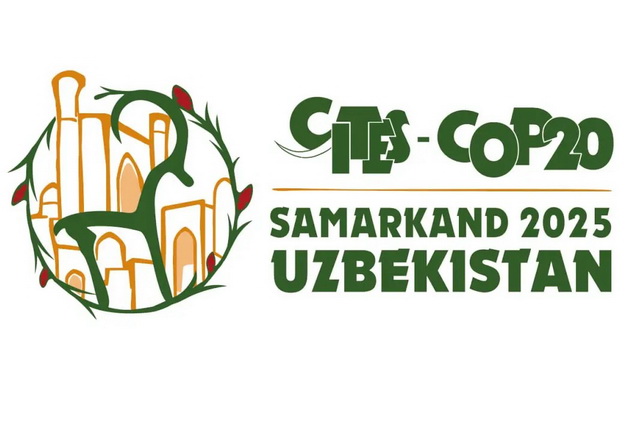
Parallel Event on “Natural Projects: Ecological Classification of Forests for Biodiversity Conservation” Held on the Sidelines of the 20th CITES Conference
Parallel Event on “Natural Projects: Ecological Classification of Forests for Biodiversity Conservation” Held on the Sidelines of the 20th CITES Conference
Tashkent, Uzbekistan (UzDaily.com) — On the sidelines of the 20th Conference of the Parties to CITES, a parallel event was held under the theme “Natural Projects: Ecological Classification of Forests for Biodiversity Conservation.”
The discussion brought together representatives from government agencies, international organizations, research institutions, experts, and media representatives.
The event aimed to present scientific developments in the ecological classification of Uzbekistan’s forest ecosystems, demonstrate the potential of modern technologies in protecting habitats of rare species, and strengthen both national and international conservation cooperation.
Welcoming remarks were delivered by First Deputy Minister of Ecology Obidjon Kudratov and Director of the “Yashil Loyiha” Project Institute Olim Hakimov. They emphasized the importance of a scientifically grounded approach to assessing natural resources, monitoring ecosystems, and managing them sustainably.
Key presentations were delivered as part of the program. A representative of the ministry discussed the integration of biodiversity conservation into national environmental strategies. A specialist from the “Yashil Loyiha” Institute highlighted the scientific and practical significance of ecological forest classification. An international expert shared experiences in sustainable forest management and mechanisms of international support for protecting rare species.
A central presentation was delivered by Farhod Dekhanov on “Methodology for Ecological Forest Classification: Maps, Data, and Habitat Protection for Rare Species.” He presented the results of a project that, for the first time in Uzbekistan, created a comprehensive ecological classification of forests based on artificial intelligence technologies, satellite monitoring, GIS geodata, and digital cartography.
The project identified key habitats for rare species, developed ecological risk maps, established a national environmental information platform, and prepared scientifically validated data for CITES reporting.
The second part of the event featured a panel discussion with representatives from the World Bank, IUCN, and the “Yashil Loyiha” Institute. The discussion focused on the role of ecological classification in conserving rare species, integrating the results of the RESILAND project into national planning, using digital data for monitoring and reporting under CITES, prospects for regional cooperation, and the importance of involving local communities in conservation initiatives.
Experts stressed that scientifically grounded ecological classification is a strategically important tool for sustainable natural resource management and effective biodiversity protection.
At the conclusion of the event, international experts and media representatives shared recommendations and suggestions, highlighting that nature conservation requires coordinated action by all stakeholders.
The ecological forest classification methodology developed by the “Yashil Loyiha” Institute represents the first comprehensive digital scientific platform covering Uzbekistan’s forest ecosystems. It is expected to serve the objectives of CITES and make a significant contribution to the conservation of rare species and their natural habitats.